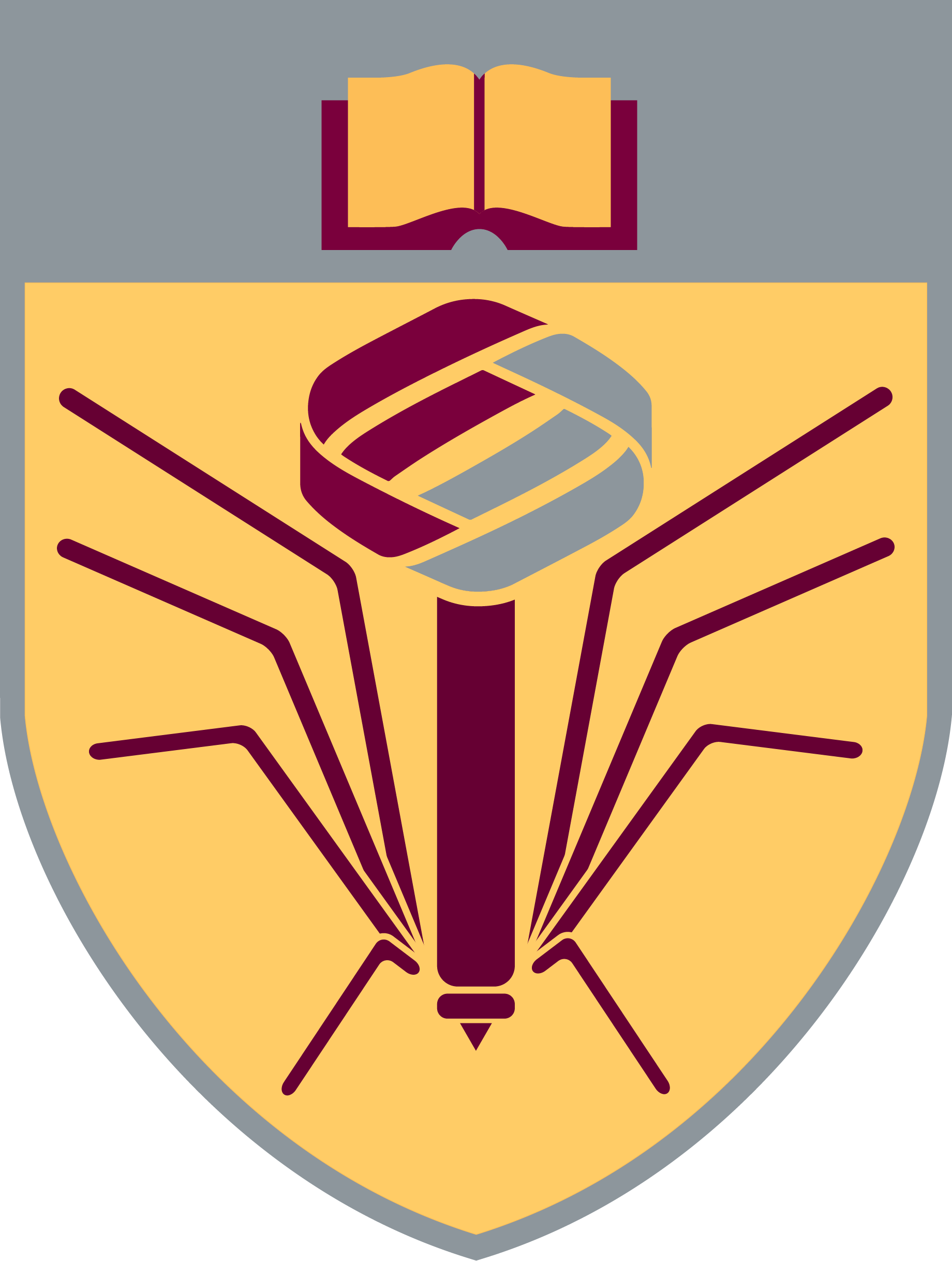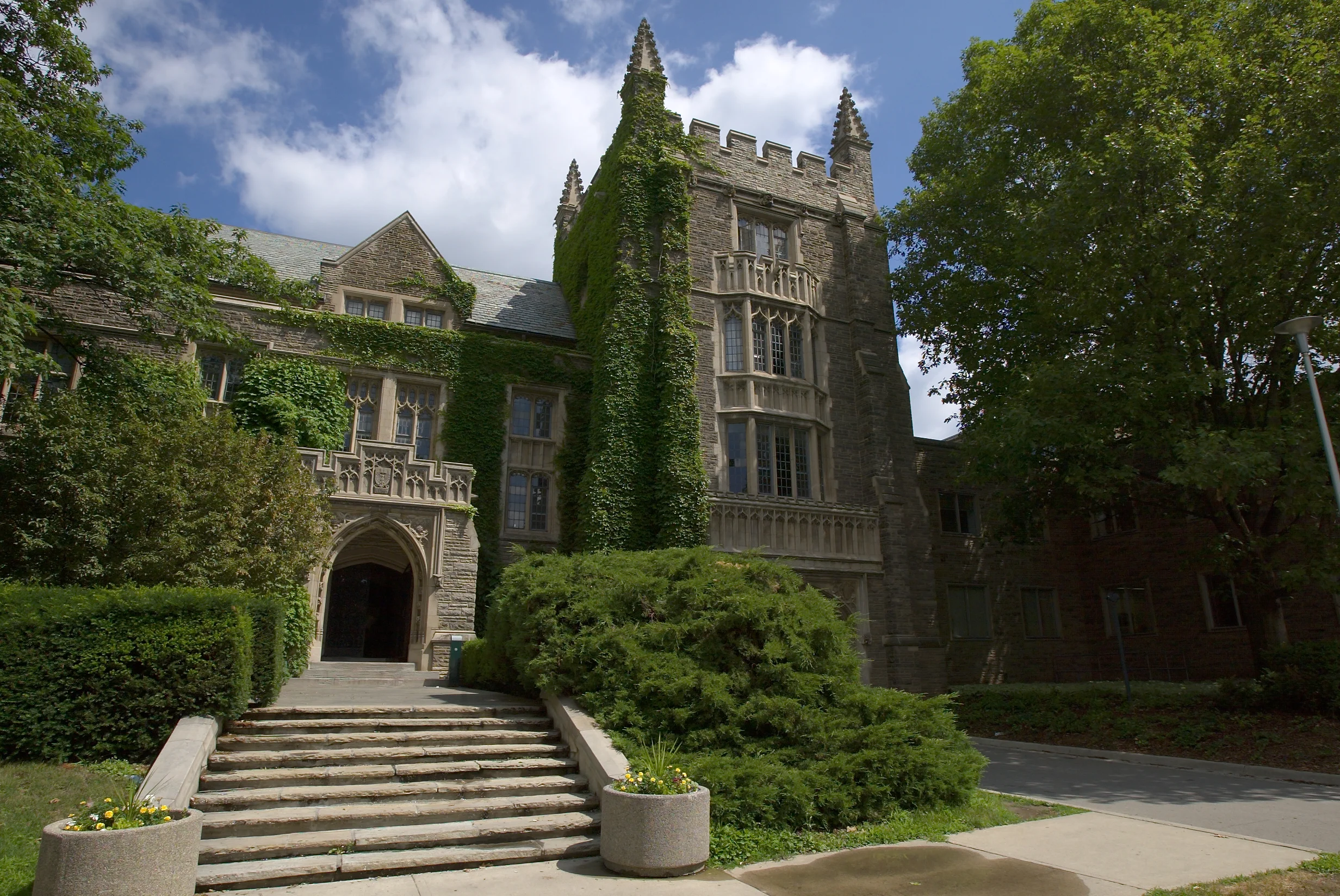Click (or scroll) to navigate to Opportunities for Undergraduates, Graduate School, Other Opportunities. Availabilities were last updated 17/05/2024.
Undergraduates
I am very keen to provide undergraduate students opportunities to be exposed to research first hand. Undergraduate students work in the lab as Co-op students, project/thesis students (as part of their program) and summer students. These positions generally involve work on an existing line of inquiry where established protocols are in place. Despite these constraints, the students have room to take initiative in emphasizing aspects of the project that interest them more.
Advice for reaching out: An email should be tailored to the lab, and make clear that you know what the lab does. Those that do not will not be answered. If you have met members of the lab, it can be good to call to mind that interaction to jog my memory. It is also advisable to include something in the email that makes you stand out; a hobby, a lived-experience, a link to your art portfolio/soundcloud/newspaper article featuring you - whatever it is! Professors are bombarded with emails like these, and one of your best tools not to get lost in the shuffle is to stand out. Including a C.V. and (unofficial is sufficient) transcript is helpful. Note that in my case, I place very little emphasis on the grades obtained, but find transcripts useful in identifying the courses/course trajectory of the student.
Volunteers: I do not take on volunteers.
Co-op students: I can currently only consider co-op students that are able to bring in some external funding support I can complement (e.g. SWILP, NSERC: USRA). At this time, I cannot envision considering a co-op student for a term prior to Summer 2024.
Project/Thesis Students: The lab is currently at capacity until Fall 2025. Thesis students are encouraged to reach out to me in early October 2024, and I schedule interviews in late October. With departmental guidelines prioritizing thesis students, project students are encouraged to reach out to me a little later, in early November.
Summer Students: The lab is currently at capacity until Summer 2025. I time the recruitment of summer students for 2025 with external funding support I can match (e.g. Farncombe Studentship, NSERC: USRA, BHSc Research Scholarships). These applications are commonly handled in Jan-Feb of 2025.


